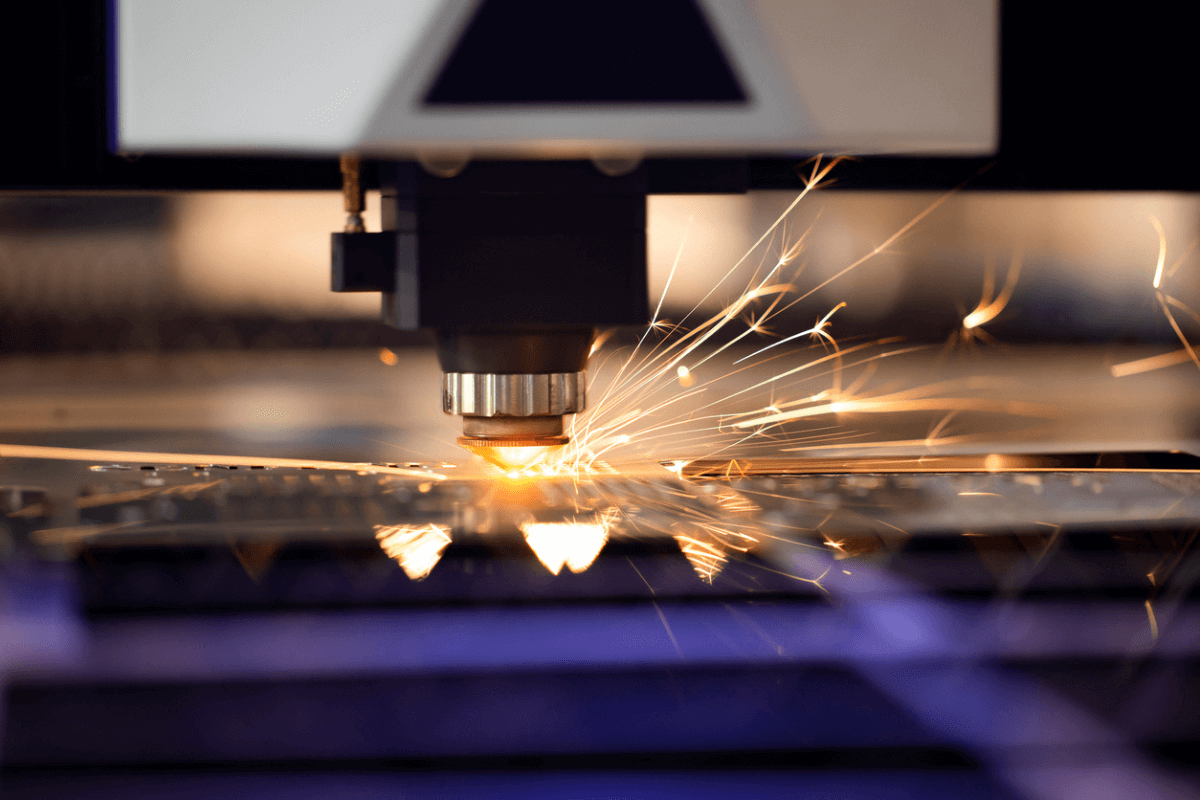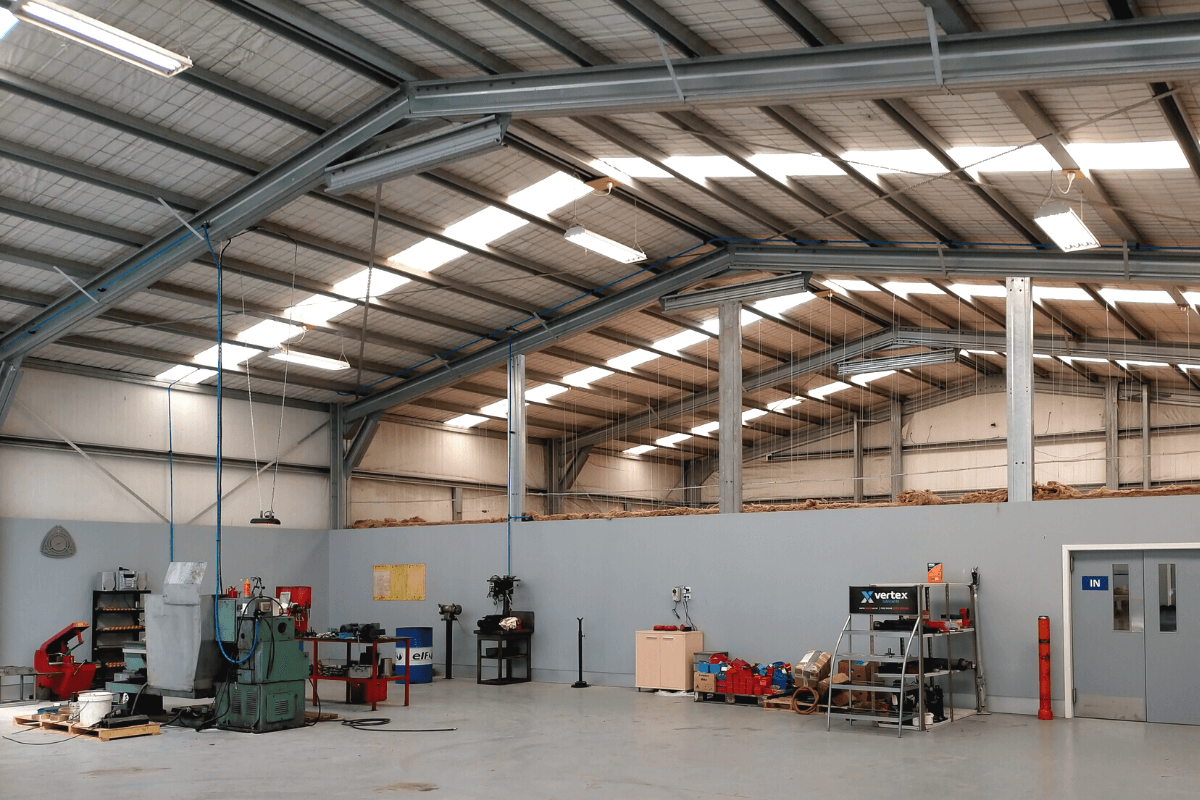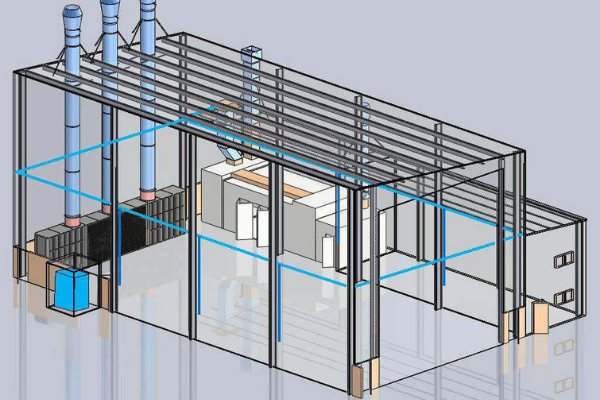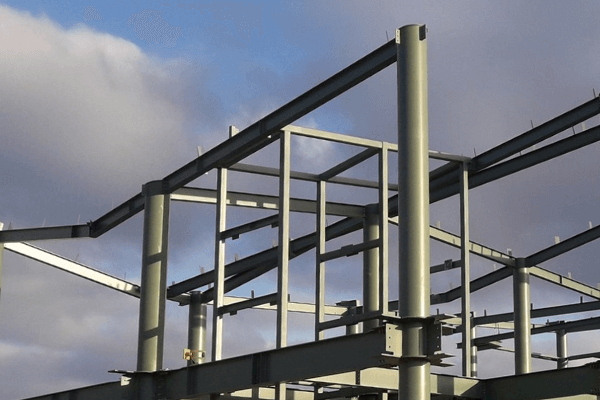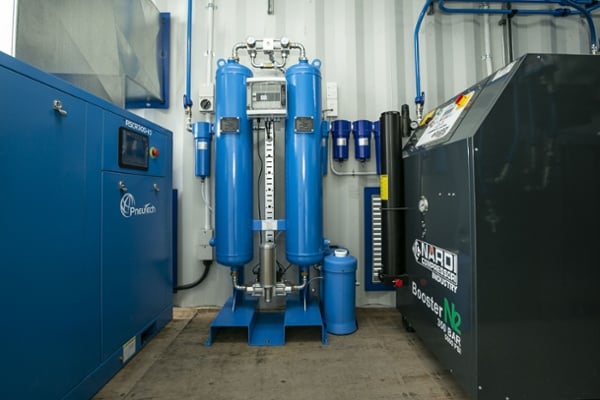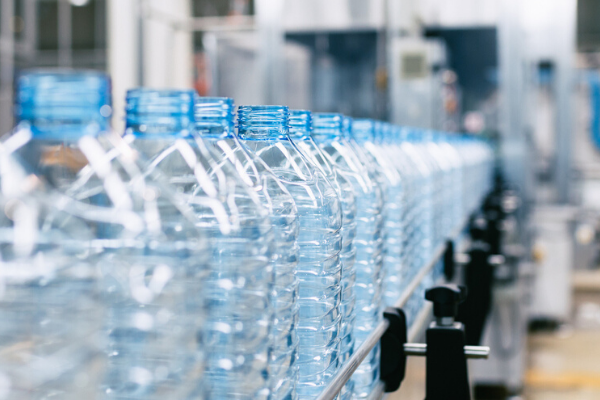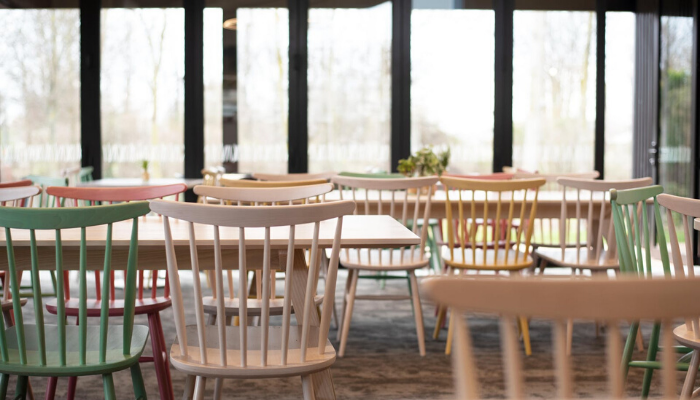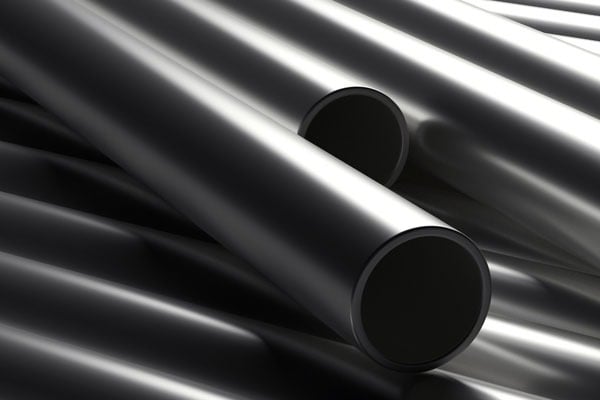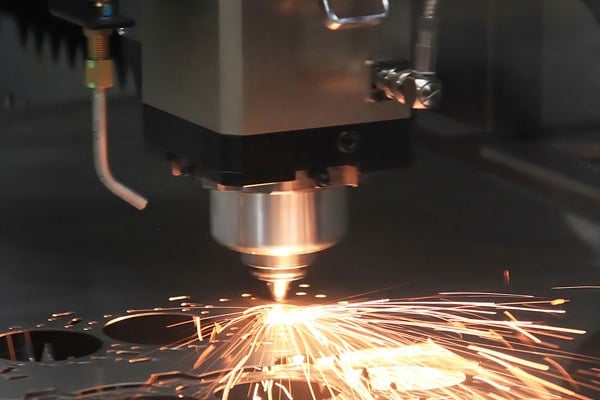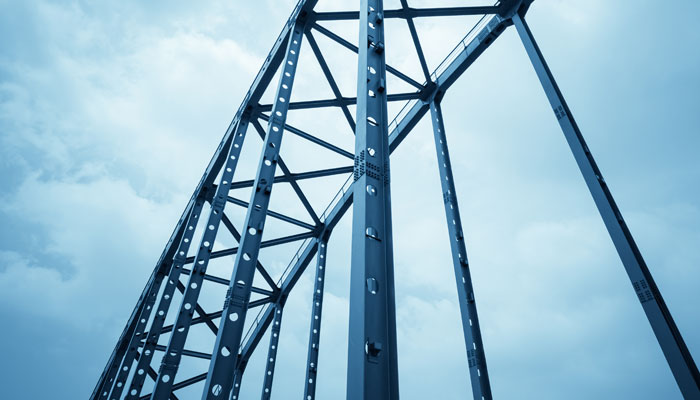1. Reduce power costs
One of the most inefficient energy uses in any factory is compressed air, however it is a vital component of most manufacturing environments.Compressors are typically sized to meet peak air demands, which in many cases only represents one or two hours per day. For the remainder of the day the demand can vary significantly.
A fixed speed air compressor trying to meet this varying demand, will continue to run for long periods and produce more air than you need, thus wasting energy and increasing your power bill.
The best way to reduce these costs is to install a variable speed drive (VSD) compressor, which only produces the air you need. In some cases, when a VSD is combined with a high-efficiency motor (such as the PneuTech PM series with permanent magnet motors), the power savings can be as high as 60%. This can be achieved because a permanent magnet motor is able to seamlessly speed up and slow down the compressor to match air demand, and bring even greater efficiencies to the compressor operation.
2. Reduce maintenance costs
Long-term costs for maintaining factory equipment can be very high, and major overhauls, although a vital part of keeping any set-up in good working order, can be extremely high.By utilising more efficient equipment, the expected time before major overhaul can be extended, thus reducing your maintenance costs over the life of the machine.
The PneuTech PM compressor series assist with this because the combination of the permanent magnet motor, and the variable speed drive, mean the compressor is only working to meet factory demand, instead of operating non-stop like a fixed-speed compressor. This means the motor is not working so hard, and would not be expected to need major overhaul until much further down the track than a fixed-speed compressor.
3. Reduce staff down-time
Staff sick-days and health & safety expenses are one of the biggest concerns for business owners today. One of the contributing factors to staff absences is poor or unsafe working conditions, and a large contributor to this is factory noise.Working alongside noisy equipment for even a short period of time, can be very damaging to staff health.
The Work Health and Safety Code of Practice for managing noise at work, states that 85 decibels is an acceptable noise level for 8 hours continuous exposure. The PneuTech Vixen PM series, at 68 to 72 decibels on full load, is well below this level, and perfect for maintaining a safe workplace.
4. Greater use of factory space
With factory floor space at a premium, and costing in the vicinity of $120 per square metre, a smaller compressor foot-print could free up valuable space for other needs.The PneuTech PM compressors have an extremely small footprint, with the Vixen range starting at only 0.68m2. With the option of mounting on specially designed castor wheels, along with flexible connections to your air piping, the Vixen compressor can occupy minimal floor space and be moved out for servicing.
5. Stop air leaks
Piping systems move with the temperature changes in your factory. This can create cracks in PVC piping, and leaks on older galvanised piping systems, both of which are simply pouring your money down the drain. Air piping leaks can cost thousands of dollars in lost energy each year.The best option is to have a leak test undertaken, to identify leaking fittings. Sometimes these can be repaired, but often if there are also problems with moisture, or there is the likelihood of expansion to the business in the near future, it is more economical to install a more efficient piping system.
The PneuTech Alu Air system is super-fast to install, can be modified or re-used at any stage, and provides greater air flow than PVC or galvanised piping systems, as there’s less friction inside the pipes. This means installing an aluminium piping system is an excellent investment for your business, both for the short and long term.
6. Remove moisture
Moisture in your compressed air lines can cost thousands of dollars in maintenance costs, and damaged goods each year.Air from a compressor is hot and therefore has high moisture content. If this moisture is not removed, it stays in the compressed air, potentially causing rust or damage inside expensive equipment, and potentially ruining high-value projects.
Piping systems can also contribute to high moisture carry-over - PVC piping systems tend to sag over time, leading to pockets of moisture in your system. With your compressed air passing over these moisture pockets, it’s no wonder additional condensate makes its way into your equipment.
To remove moisture from the compressor, appropriately sized filtration and a refrigerated dryer should be installed. The dryer cools the compressed air and removes the moisture before passing the dry air on to your factory. There is a large range of PneuTech refrigerated dryers and filters available to assist with this.
To remove remaining moisture, Industrial Air recommends the installation of an aluminium reticulation system, which is more rigid and doesn’t lead to pockets of moisture in the lines.



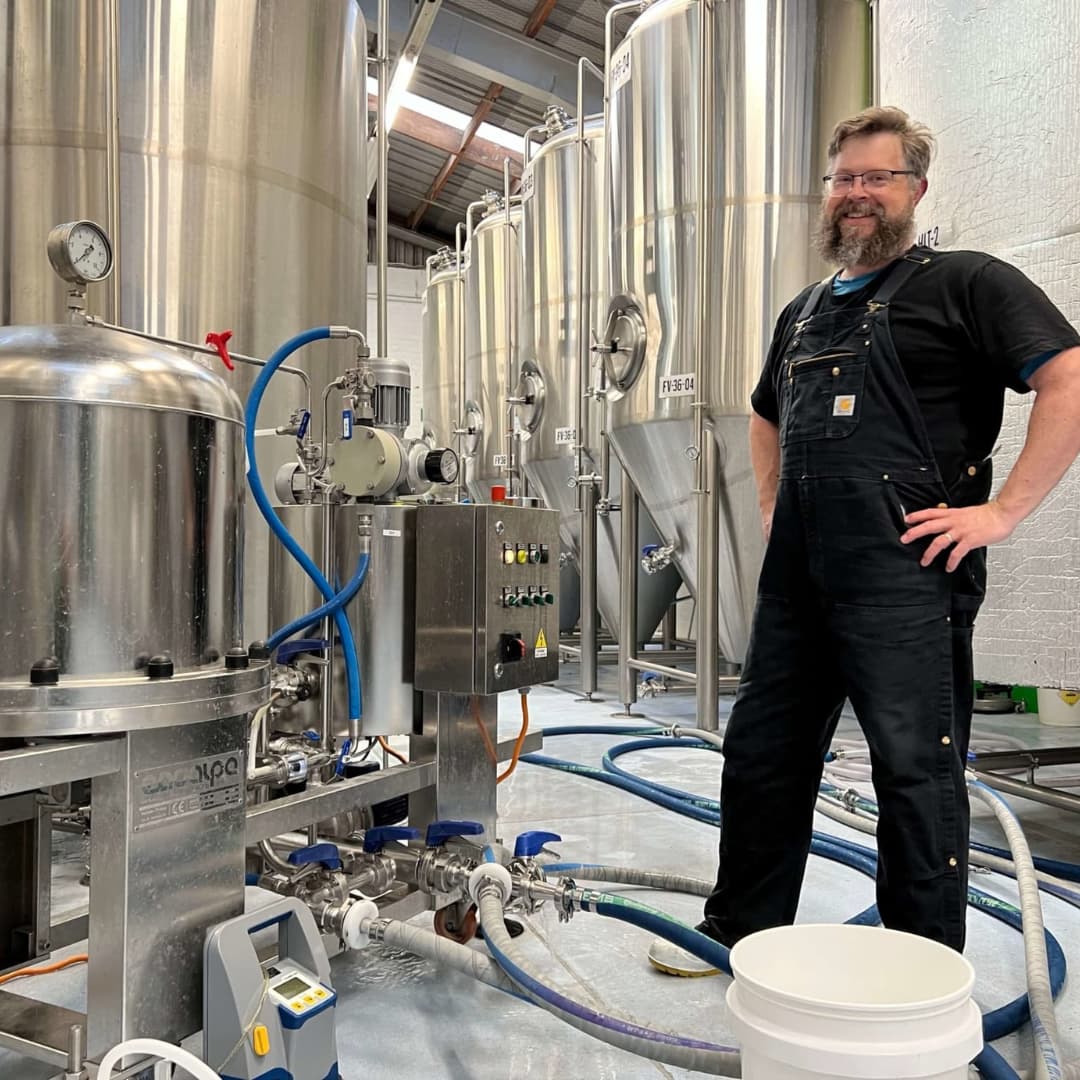
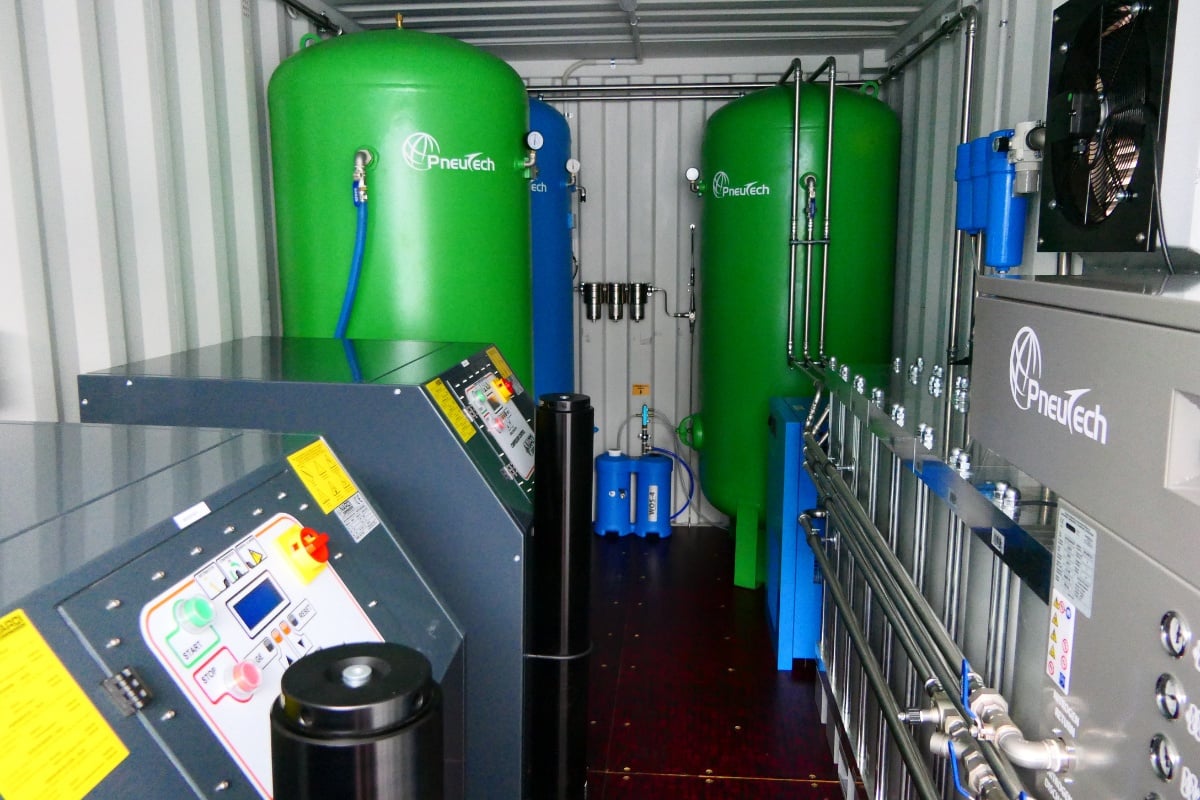
.jpg)


